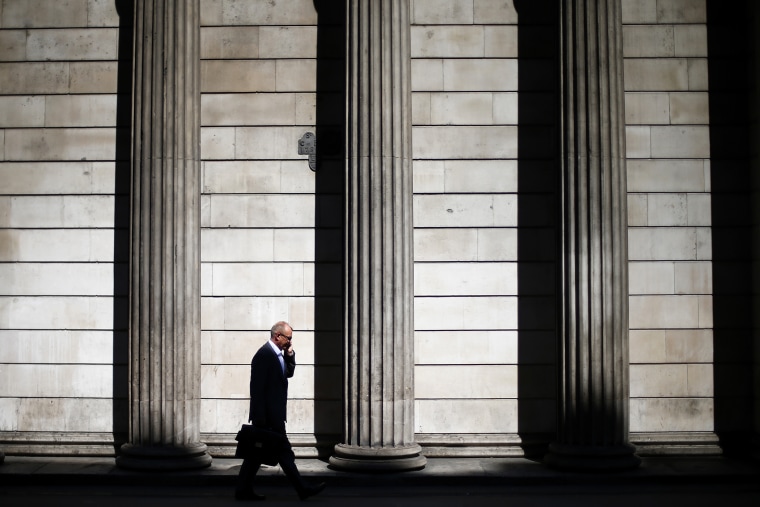Vodafone, the second-biggest mobile carrier in the world, revealed Friday that governments in several of the 29 countries where it operates have direct access to their network, allowing them to eavesdrop on users without having to make a request each time.
The United States is not among those countries -- U.S. carriers have made their own disclosures about the volume of government data requests -- but the Vodafone report is described as the first company to provide a global survey of how governments all over the world conduct surveillance.
"[I]n a small number of countries the law dictates that specific agencies and authorities must have direct access to an operator’s network, bypassing any form of operational control over lawful interception on the part of the operator," Vodafone states in the detailed report on how governments across the world seek access to its customers' communications. "In those countries, Vodafone will not receive any form of demand for lawful interception access as the relevant agencies and authorities already have permanent access to customer communications via their own direct link."
Vodafone states in its report that while it would prefer not to provide that level of access, it is forced to comply with the law as it exists -- as are other telecommunications companies that operate in those countries.
"Refusal to comply with a country’s laws is not an option. If we do not comply with a lawful demand for assistance, governments can remove our licence to operate, preventing us from providing services to our customers," the report states. "Our employees who live and work in the country concerned may also be at risk of criminal sanctions, including imprisonment."
Though not a household name in the U.S., Vodafone provides services across Europe, Africa and the Middle East.
The leaks facilitated by former National Security Agency contractor Edward Snowden a year ago about the scope of the U.S. government's surveillance powers helped spark a debate over state snooping. But as the Vodafone report shows, the debate over privacy and security, individual rights and state spying goes far beyond America's borders.
The report calls on governments to more narrowly tailor their requests for data and make it easier for companies to resist if they believe a request is too broad or unlawful.
"We think many governments could do more to ensure that the legal powers relied upon by agencies and authorities are fit for the internet age," the report concludes.
